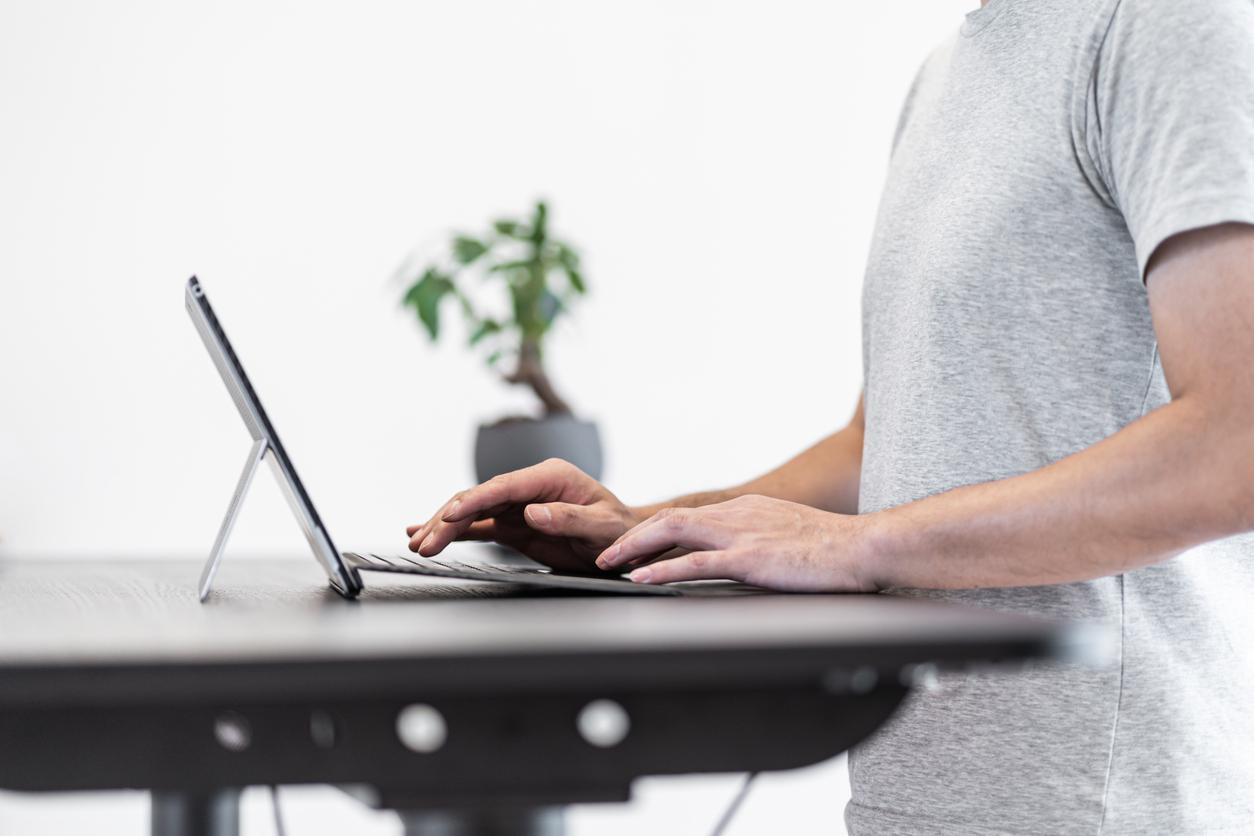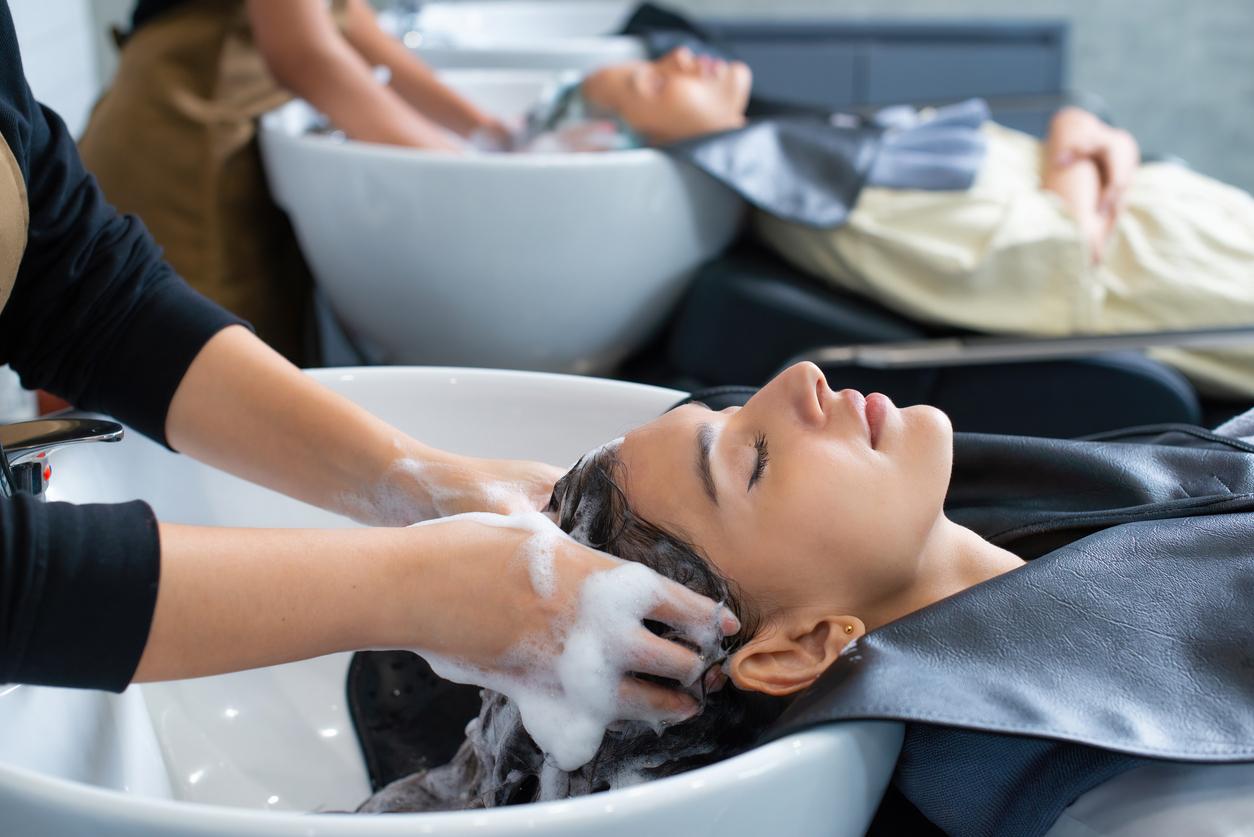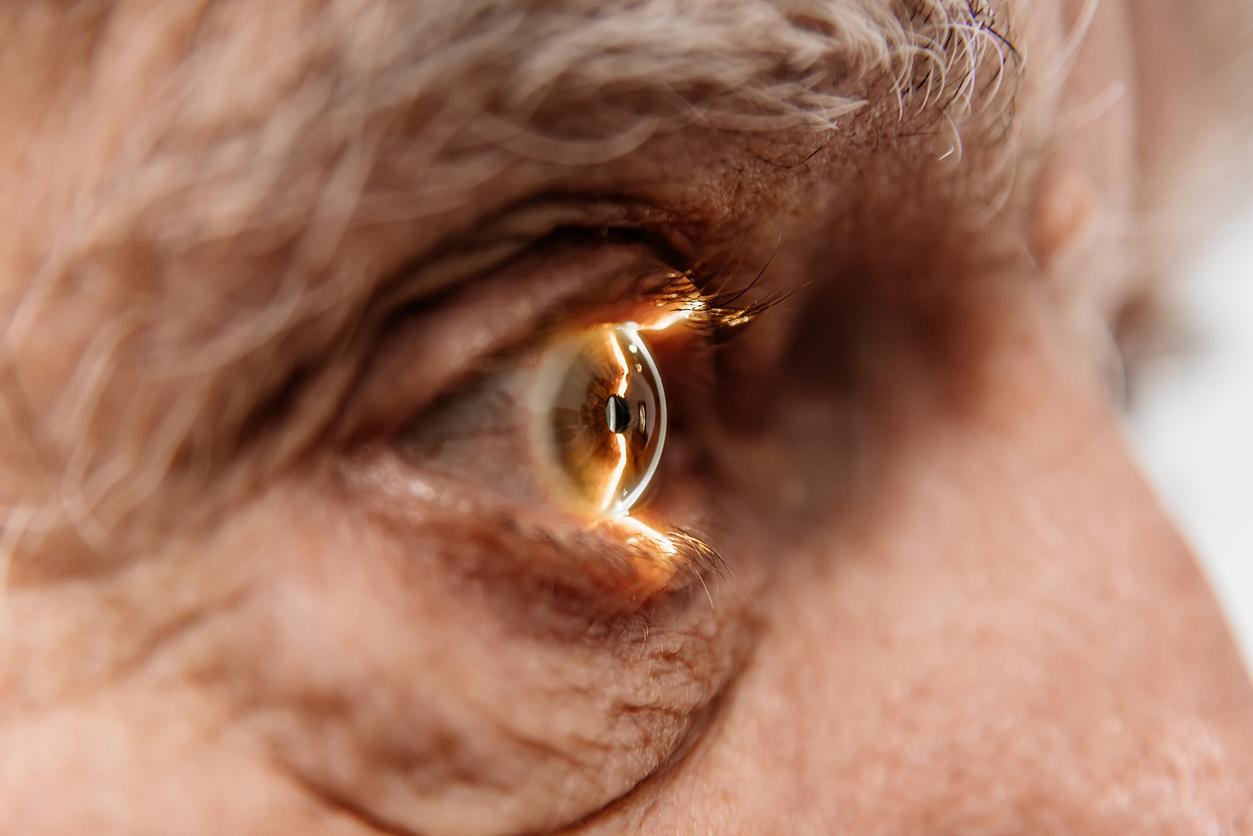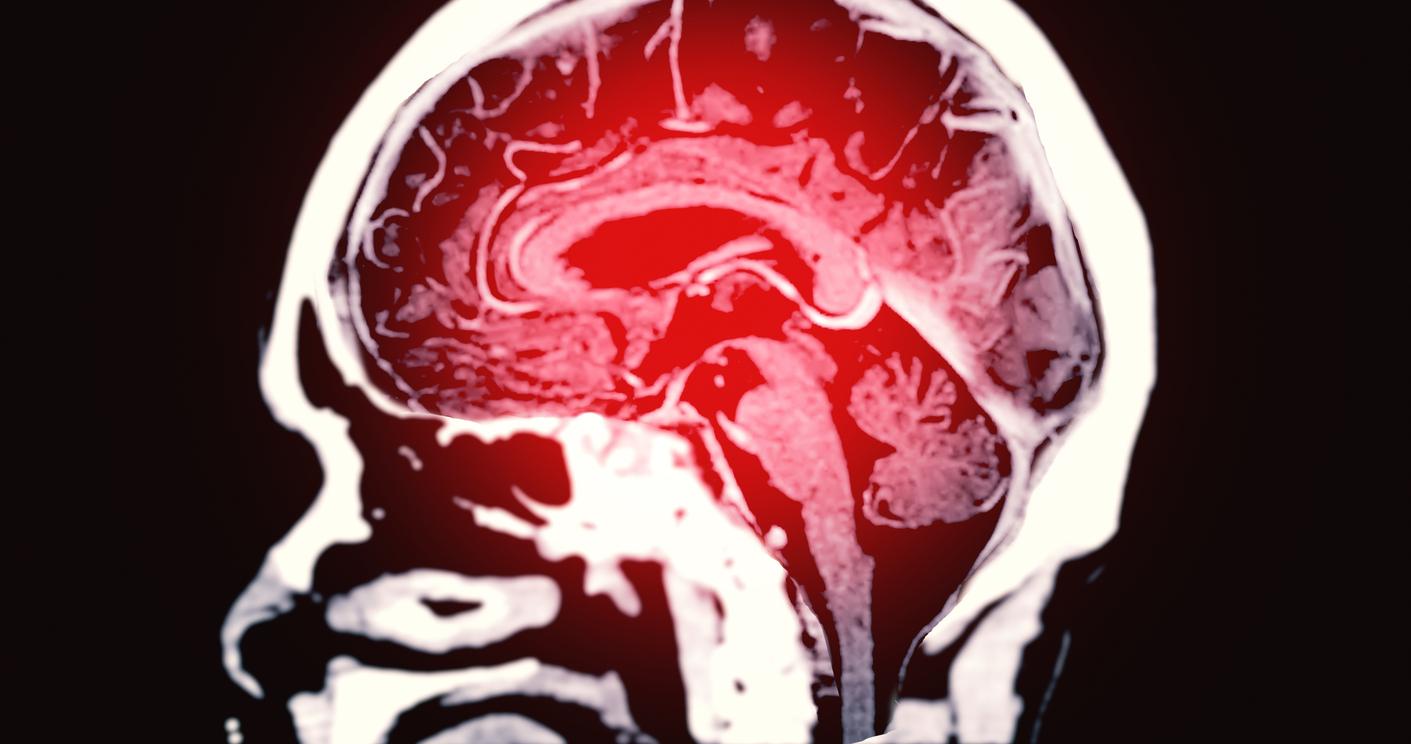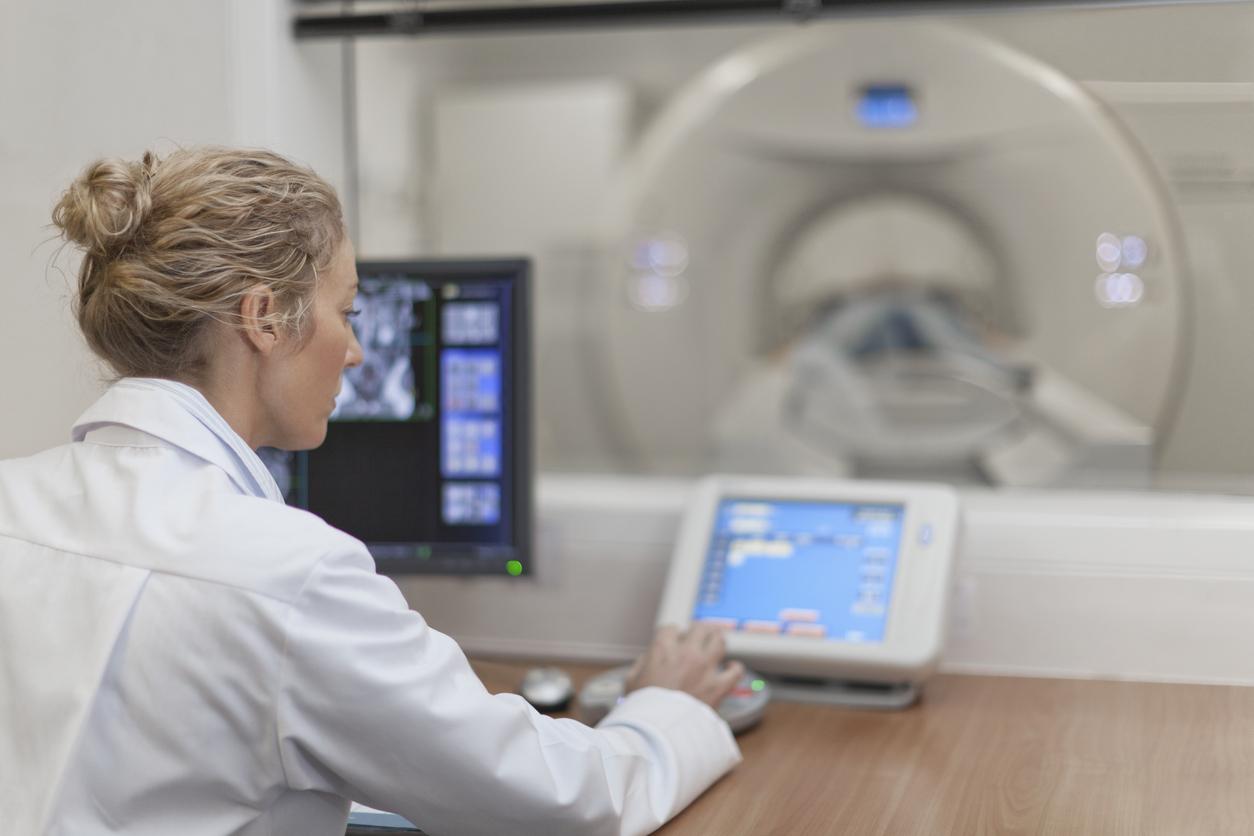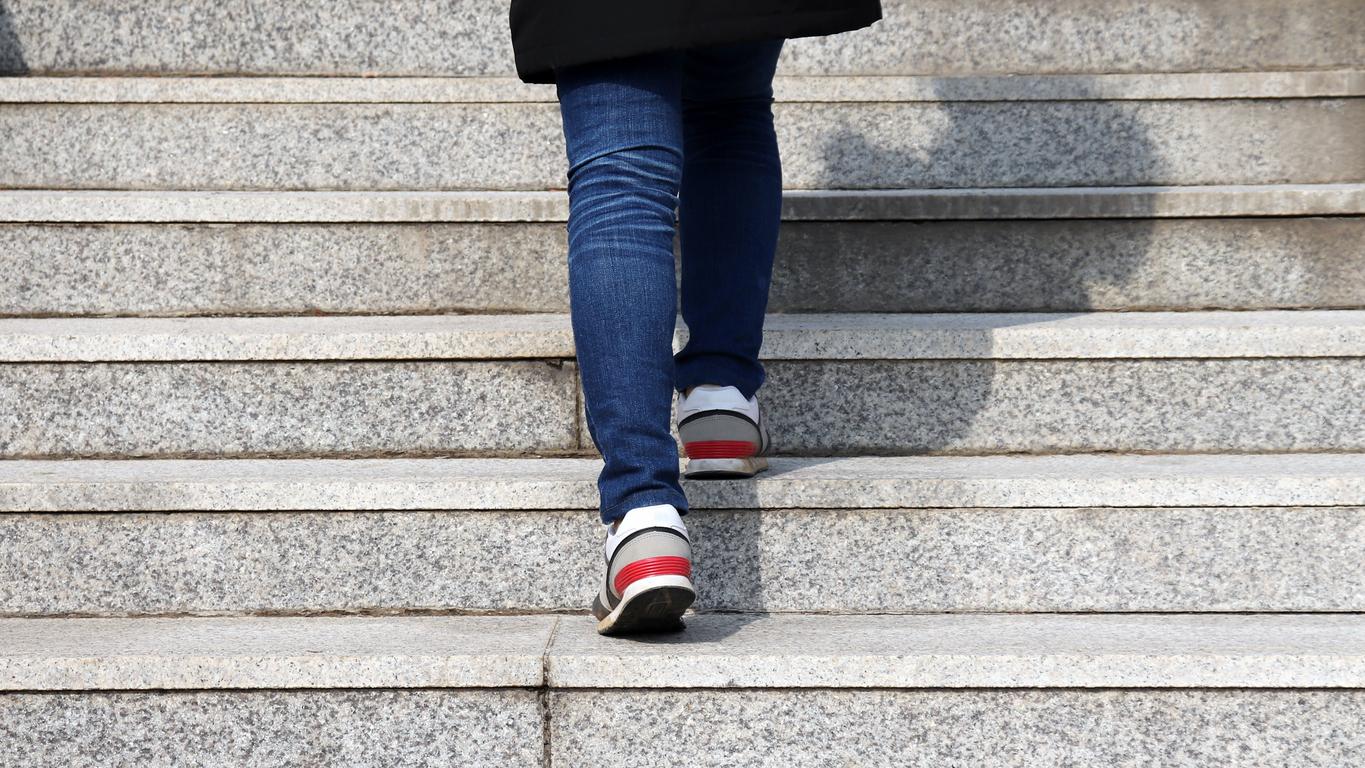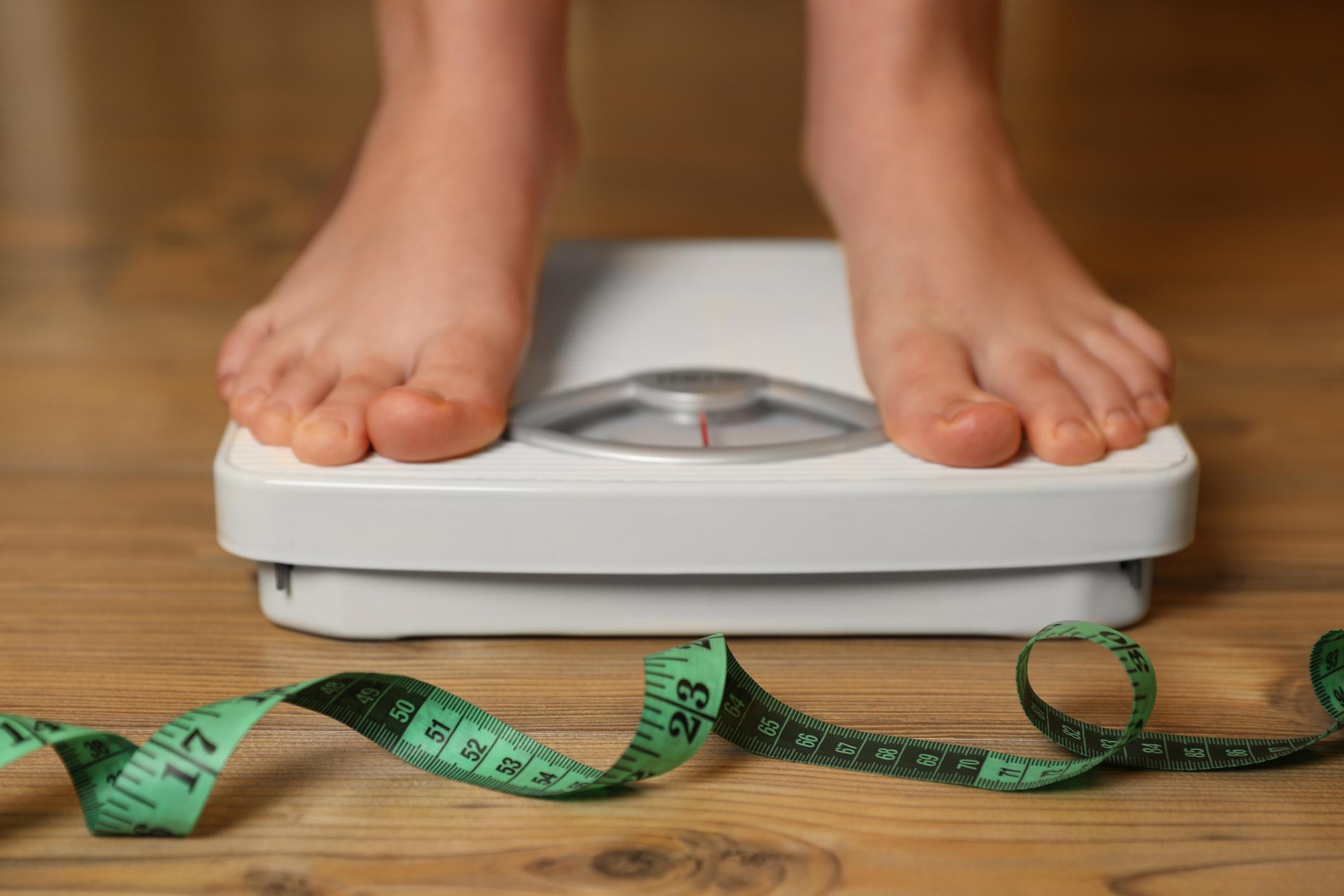Waking up to your phone’s alarm can raise your blood pressure and put you at increased risk of cardiovascular events.
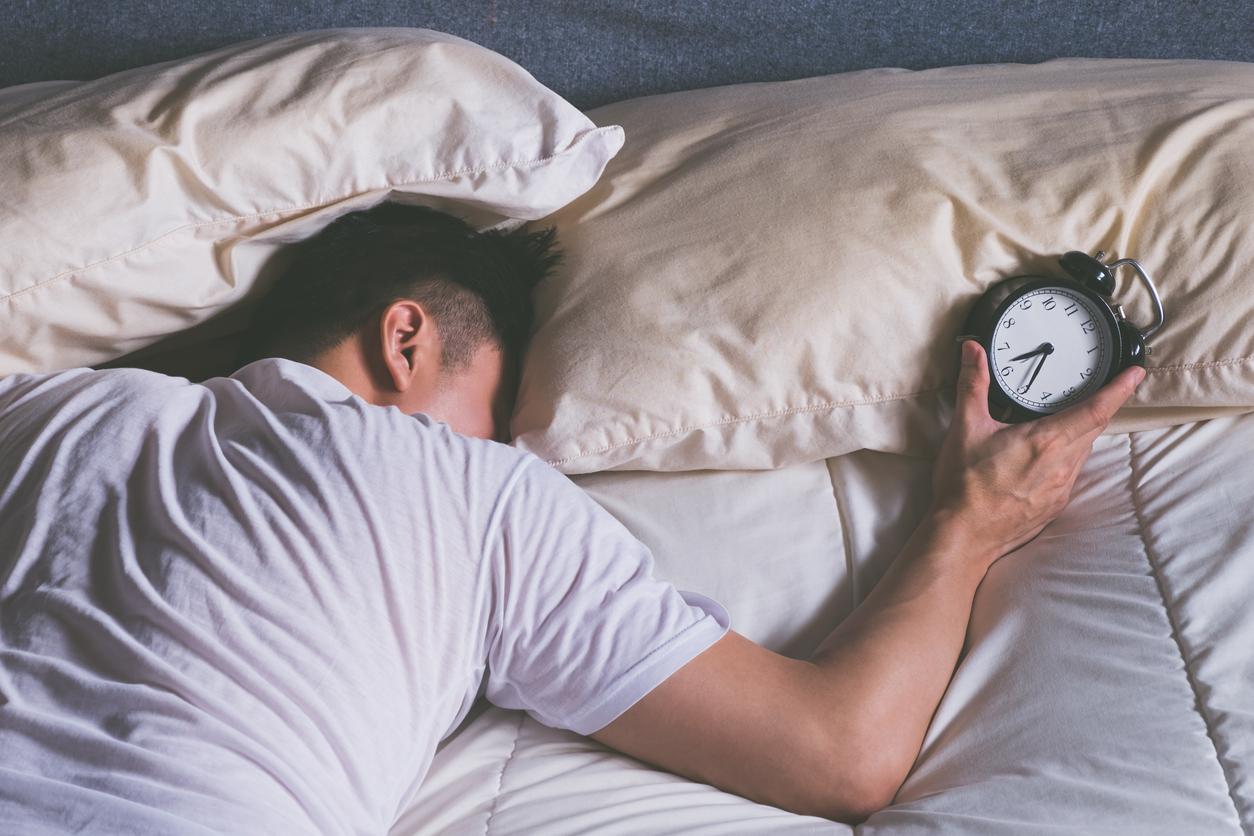
- Participants woken by an alarm had a 74% greater rise in morning blood pressure.
- Blood pressure that is too high in the morning can put stress on the heart, which can lead to fatigue, shortness of breath, anxiety, nosebleeds and headaches.
- Additionally, it is a risk factor for strokes and heart attacks.
Do you set an alarm before bed so you can wake up the next morning? This is a bad idea, because being forced out of sleep like this would be dangerous for your health, according to researchers at the University of Virginia (United States). In a recent study, they followed 32 people for two days. While sleeping, participants wore connected watches and blood pressure monitors on one finger. The first night, they were asked to wake up naturally, without an alarm. The second night, the team asked them to set an alarm that would wake them after just five hours of sleep. Next, the scientists compared morning blood pressure measurements between the “natural waking” and “forced waking” scenarios.
Heart attack, stroke: forced waking up causes high blood pressure in the morning
The results showed that when people were awakened by an alarm, they had a 74% greater rise in morning blood pressure than when they woke up naturally. This happens when volunteers quickly transition from sleep to wakefulness. According to the authors, when blood pressure is too high in the morning, it can activate the sympathetic nervous system, which produces the “fight or flight” response, putting stress on the heart, which pumps harder and with more intensity. This can lead to fatigue, shortness of breath, anxiety, neck stiffness, and in more severe cases, nosebleeds and headaches.
Additionally, having high blood pressure in the morning is a risk factor for cardiovascular events, such as strokes and heart attacks. The scientists added that adults with cardiovascular disease may experience the adverse effects of a morning rise in blood pressure more when they get little sleep and wake up suddenly. They clarified that these results should be interpreted with caution and validated on a larger sample.
What’s the best way to wake up?
Yeonsu Kim, lead author of the work, tried to find the best way to wake up. To do this, she reviewed several cohorts. A study, carried out in 2020, found that waking up from sleep with melodious sounds helped people avoid sleep inertia, a type of persistent drowsiness that can last up to two hours. In another research, done in 2021, researchers learned that exposure to light in the morning causes the body to slow down its production of melatonin, which helps adults wake up and stay awake.












